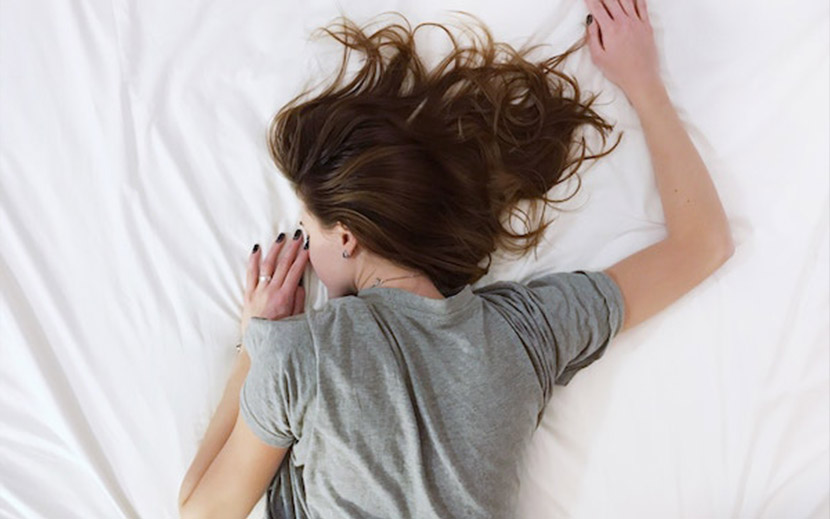For many people, living a healthier lifestyle simply means eating more healthfully and getting more exercise. A stress-reducing aspect that is often overlooked in creating greater wellness is having good sleep hygiene.
Sadly, it’s a common misconception that you can catch up on missed sleep. Have you ever under-slept through a work week only to over-sleep on the weekend? It’s taxing on the body. If you’ve had this experience, you may have noticed that instead of feeling refreshed, you felt a little “off” instead. If you chalked that feeling up to just needing a bit more sleep, you may not have realized that this feeling is caused by stress on the body.
Like any healthful habit you may want to adopt, consistency is the key to optimizing your health and creating true wellness in your life. If you are not sleeping well, your health is being negatively impacted.
Making sleep a priority will help reduce the stress on your body and aid regeneration of your brain function. Here are a few habits you can implement:
SET UP AND MAINTAIN A CONSISTENT SLEEP SCHEDULE
 As you know, it’s easy to get sidetracked with your sleeping schedule. Many people find themselves going to bed and waking up at different times each day. Occasionally, they may sleep in late in a futile attempt to recoup lost sleep.
As you know, it’s easy to get sidetracked with your sleeping schedule. Many people find themselves going to bed and waking up at different times each day. Occasionally, they may sleep in late in a futile attempt to recoup lost sleep.
Developing a solid routine and sticking with it will reduce the stress on your body. Going to bed at the same time every night and getting up at the same time each day is ideal. This will help normalize your sleep-wake cycle, allowing you to wake up each day feeling rested and recharged.
Good sleep hygiene will also affect other aspects of your wellness, such as your meal schedule, eating habits, metabolism, and your energy levels throughout each day. You’ll find all these aspects of your health and wellness will also start to normalize with a proper sleep schedule. Minimizing the disruptions to your sleep schedule will reduce the stress on your body in numerous ways.
CREATE A HEALTHY SLEEPING ENVIRONMENT
Just going to bed at the right time isn’t enough to ensure your sleep will be restful. The environment you sleep in is also very important.
Ensure you have the right pillow shape and size to properly support your head, so your neck is straight. This will minimize tension on your neck muscles, helping you to reduce headaches and restless sleep.
Your mattress can also be optimized for your body type and sleeping style. Most mattress sellers will accept exchanges within a certain timeframe, so you can exchange it, if needed. If you find yourself tossing and turning each night, or waking up stiff or sore, you may need to adjust the firmness or size of your mattress.
The amount of light can also affect sleep quality. Unless you have total blindness, your brain will detect light through your eyelids while you sleep, affecting your sleep cycle. The darker you can make the room you sleep in, the deeper you will be able to sleep.
Minimizing sound will also help you sleep better. If you do like to have some background noise, such as a fan or the sound of trickling water, keep the volume as low as possible.
There have been some interesting recent studies demonstrating how cell phones can affect your brain. Ensure that you do not keep your cell phone next to your bed when you are sleeping. Having it at least 1.5 meters away from your body is good. Ideally, keep your cell phone in another room while you sleep.
ELIMINATION OF STIMULANTS
Limiting sugar and caffeine in your diet is the healthier choice, as both put unnecessary stress on your digestive and nervous systems. At the very least, ensure that you do not consume sugar or caffeine for at least 5 hours prior to your bedtime.
By correcting your sleep schedule and promoting better sleep hygiene, you will be able to reduce the stress on your body, which will help to improve your overall health and wellness. To explore this and other ways to reduce stress and support your whole body system, please check out my Holistic Health Coaching program.













